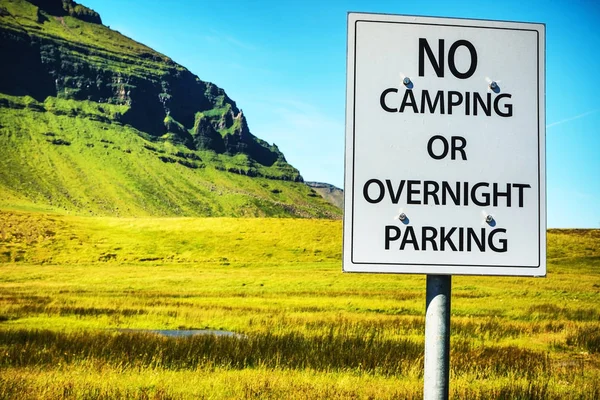NEWS
Recreational vehicles, or RVs, provide a great way to explore the country and enjoy some time away from home. However, one question that often arises among RV owners is, "Can I park my RV anywhere I want?" The answer is more complicated than a simple yes or no, as there are various laws and regulations that govern RV parking.

Federal, State, and Local Laws
Federal Laws: In the United States, federal laws don't specifically address RV parking, except in national parks and federal lands. Parking in these areas generally requires a permit or adherence to designated camping areas.
State Laws: Each state has its own set of regulations that pertain to RV parking. While some states are more lenient, allowing overnight parking in rest areas, others may prohibit this activity altogether. It's essential to check the regulations in the state you are traveling in.
Local Laws: These are perhaps the most varied of all, as municipalities can have their own rules about where you can or cannot park an RV. Always check the local ordinances to ensure that you are in compliance.
Private Property
Parking on private property without permission is generally illegal and can result in fines or towing. If you are parking on someone else's property, whether it’s a friend’s driveway or a private parking lot, make sure to get permission.
Retail and Commercial Lots
Many retail businesses like Walmart and Cabela's have policies that allow for overnight RV parking. However, this can vary from location to location, depending on local laws and the store manager's discretion. Always check with the specific store before settling in for the night.
Residential Areas
Many cities and towns have ordinances that prevent RVs from parking on residential streets for extended periods. If you're visiting friends or family, check local laws to see how long you're allowed to park. Some areas may require a special permit.
Campgrounds and RV Parks
These are the safest bet for parking your RV legally. Campgrounds and RV parks are specifically designed to accommodate these vehicles and usually offer various amenities like electricity, water, and sewage disposal.
Boondocking
Boondocking refers to parking your RV in a remote location, away from established campgrounds. While this is legal in many places, it’s crucial to research beforehand whether the area you have chosen allows for this kind of activity. Public lands often allow boondocking, but there may be restrictions on how long you can stay.
Final Thoughts
In summary, it's not universally legal to park your RV "anywhere you want." You need to be aware of federal, state, and local laws, as well as the rules governing private property and commercial lots. Always do your research before parking your RV, especially for an extended period. Taking the time to understand the laws can save you from unnecessary fines and hassle, making your RV experience more enjoyable and stress-free.
Happy Camping!
DLM-Distribution / Campervans is a licensed manufacture and dealer located in Lake Crystal Minnesota serving clients around the country
Contact Dave: 651-285-7089 or Candy: 507-382-9446 today!
